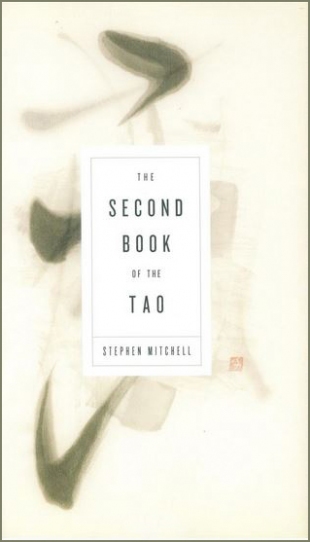Things are the way they are
because we think they're that way.
Good or bad,
acceptable or unacceptable,
they conform to the way we see them.
Originally, in themselves,
all things are good and acceptable.
That is why all things — a blade
of grass or a hundred-foot pine,
a leper or a legendary beauty,
a national hero or a traitor —
are equal in the Tao.
None is more important
or more valued than any other.
Their difference is their completeness.
Only the person of true vision
can recognize them as equal.
He sees past his own judgments,
doesn't think more or less,
and accepts without even trying to.
This is called 'honoring the Tao.'
COMMENTARY
" 'There is nothing either good or bad but thinking makes it so.' This one liberating truth can be said in a hundred ways. Each goes to the root of the matter.
"What happens when we realize that the world appears according to our perception of it? For one thing, we don't take our judgments so seriously. The judging I begins to unravel. Eventually, we discover that everything exists in itself, beyond comparison, beyond judgments, as it did for God on the evening of the sixth day: 'Behold, it is very good.'
"When we look at creatures from this point of vision, it's easy to see that a blade of grass is as important as a pine tree, a minnow as valued as a whale. Size and complexity have nothing to do with it. Evolution doesn't mean progress. Which is more conscious, the butterfly or the flower?
"The Master sees that we're all doing the best we can with what we've been given. Realizing this, he doesn't expect anything of anyone. Thus, as he honors himself, he naturally honors the Tao."
